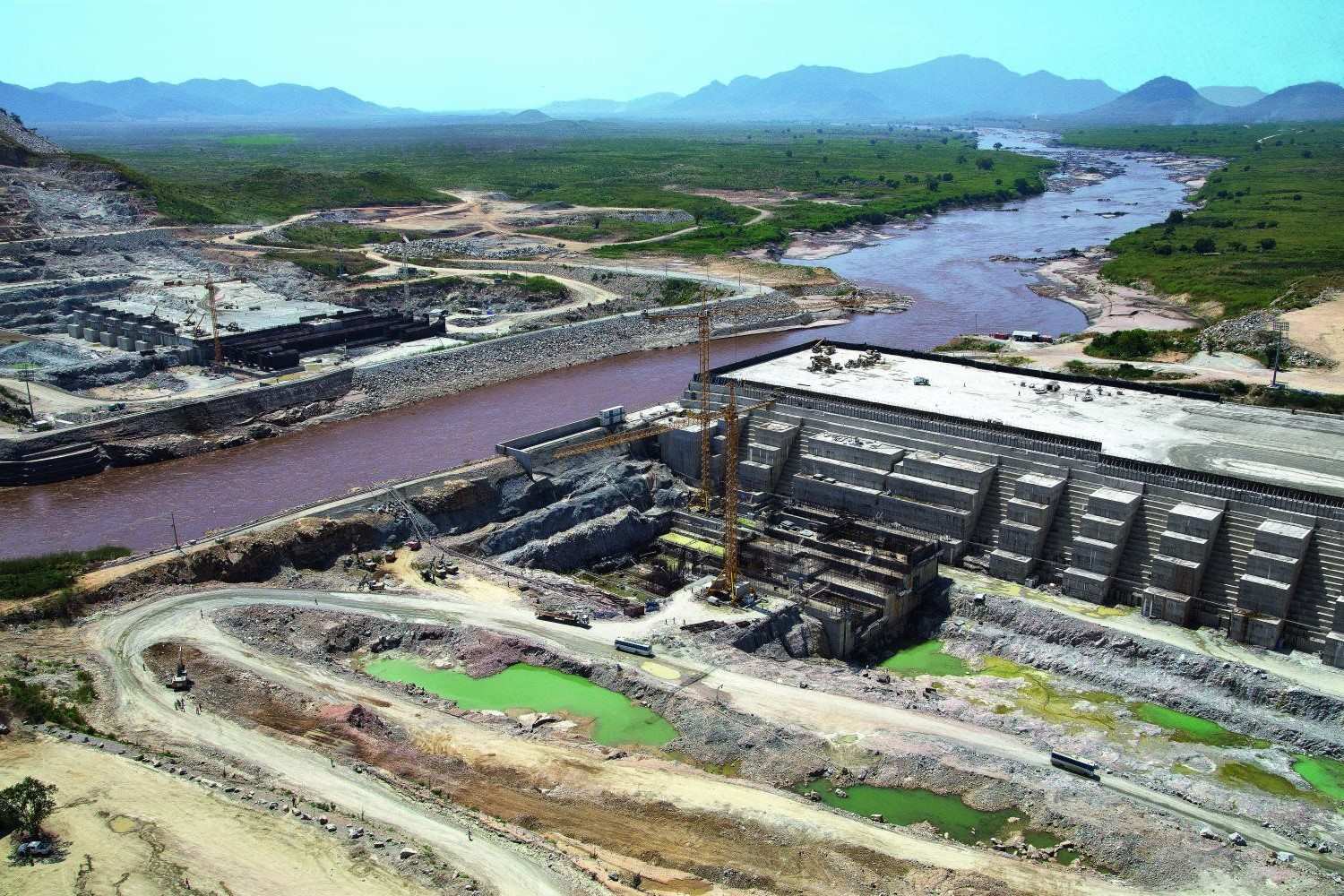
The Nile Delta is one of the most fascinating regions on Earth, brimming with history, culture, and natural beauty. Located in northern Egypt, this fertile area has been the lifeblood of civilizations for thousands of years. But what makes the Nile Delta so special? It's the largest river delta in the world, covering over 24,000 square kilometers. This lush expanse supports millions of people, providing rich soil for agriculture and a habitat for diverse wildlife. From ancient pyramids to bustling modern cities, the Nile Delta is a blend of the old and new. Ready to learn more? Let's dive into 14 intriguing facts about this remarkable region!
The Nile Delta: A Geographic Marvel
The Nile Delta is one of the world's most fascinating regions. Located in northern Egypt, where the Nile River spreads out and drains into the Mediterranean Sea, this area is rich in history, culture, and natural beauty.
-
The Nile Delta covers approximately 240 kilometers (150 miles) of coastline along the Mediterranean Sea.
-
It spans an area of about 22,000 square kilometers (8,500 square miles), making it one of the largest river deltas in the world.
Historical Significance of the Nile Delta
The Nile Delta has been a cradle of civilization for thousands of years. Its fertile lands have supported human life since ancient times.
-
Ancient Egyptians referred to the Nile Delta as "Lower Egypt" due to its location downstream.
-
The city of Alexandria, founded by Alexander the Great in 331 BC, is located in the western part of the Nile Delta.
-
The Rosetta Stone, which helped decode Egyptian hieroglyphs, was discovered in the Nile Delta town of Rosetta in 1799.
Biodiversity in the Nile Delta
The Nile Delta is home to a diverse range of flora and fauna. Its unique ecosystem supports various species that thrive in its wetlands and marshes.
-
The Nile Delta hosts over 300 species of birds, making it a crucial stopover for migratory birds.
-
It is also home to several species of fish, including the Nile perch and tilapia, which are vital to the local fishing industry.
-
The wetlands of the Nile Delta support a variety of plant species, including papyrus, which was used by ancient Egyptians to make paper.
Economic Importance of the Nile Delta
The Nile Delta plays a significant role in Egypt's economy. Its fertile soil and abundant water supply make it a key agricultural region.
-
The delta produces a large portion of Egypt's crops, including rice, cotton, wheat, and fruits.
-
Fishing is a major industry in the Nile Delta, providing livelihoods for thousands of people.
-
The region is also a hub for tourism, attracting visitors to its historical sites and natural beauty.
Environmental Challenges Facing the Nile Delta
Despite its many benefits, the Nile Delta faces several environmental challenges that threaten its future.
-
Rising sea levels due to climate change pose a significant risk to the low-lying delta, leading to increased flooding and erosion.
-
Pollution from agricultural runoff and industrial waste has degraded water quality in the delta, affecting both human health and wildlife.
-
Overpopulation and urbanization have put pressure on the delta's natural resources, leading to habitat loss and reduced biodiversity.
The Nile Delta's Lasting Impact
The Nile Delta isn't just a geographical feature; it's a lifeline for millions. Its fertile soil has supported civilizations for thousands of years, making it a cornerstone of Egyptian agriculture. The delta's rich biodiversity, including unique fish species and migratory birds, highlights its ecological importance. Urban centers like Cairo and Alexandria thrive because of the delta's resources. However, challenges like climate change and pollution threaten this vital region. Efforts to protect and sustain the delta are crucial for future generations. Understanding the Nile Delta's significance helps us appreciate its role in history and its ongoing influence on modern life. Let's cherish and protect this natural wonder, ensuring it continues to nourish and inspire.
Was this page helpful?
Our commitment to delivering trustworthy and engaging content is at the heart of what we do. Each fact on our site is contributed by real users like you, bringing a wealth of diverse insights and information. To ensure the highest standards of accuracy and reliability, our dedicated editors meticulously review each submission. This process guarantees that the facts we share are not only fascinating but also credible. Trust in our commitment to quality and authenticity as you explore and learn with us.


